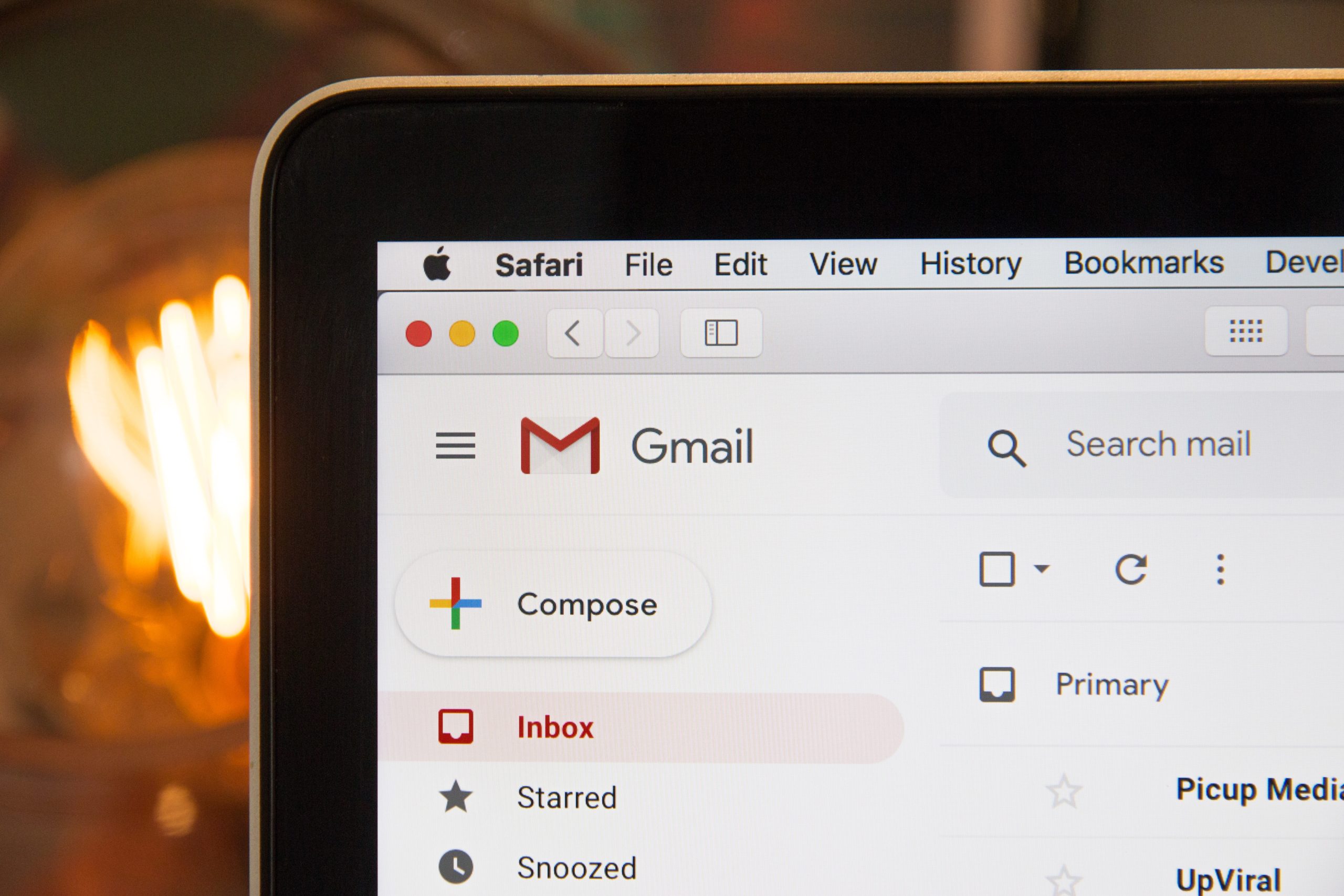
Difficult conversations, Leadership
How to Say No…without sounding like a jerk
The last few weeks I’ve taught a number of courses on time and priority management for busy professionals. One topic that often comes up is the matter of saying no at the office. I often wonder if it’s because I’m based in the South, where we place a special emphasis on “being nice” and “sugar coating” things. And yet it comes up over and over again no matter what part of the US or world I’m working in. Questions like: Our mindset around saying no is Key I often hear concerns about guilt and what will other people think about me if I don’t help them. There are a lot of folks that inadvertently fall into the approval seeking trap. Many of us never develop the strong boundaries in childhood that we need to get us through life, and it rears its ugly head as we get older. And it really is a trap. When you’re stuck in it, you often experience what I call the “Plight of the Martyr,” where you’re constantly solving problems that are urgent for others but ultimately not important to you. And your key priorities fall to the wayside as a result. Think about that continuous improvement project that you’re constantly putting on the back burner. Or perhaps you’re wanting to get back in shape and find yourself sitting at your desk toiling away on an urgent deliverable for someone else and decide to skip that yoga class yet again. What’s interesting is that for some people (myself now included) saying no is not super difficult. When I ask folks who have an easier time why that is the case, they often explain that they value their time. They realize their deliverables and priorities are just as important as others. They also recognize that taking the monkey constantly off another person’s back isn’t a great way for them to learn. That is itself is an interesting reframe, because we often believe we are helping but in many instances, we could be hindering the growth and development of the person asking the favor. Ultimately it comes down to judgement. We do live in a society where reciprocity is valued, and it might make sense to say yes to a request when you recognize you might need a favor down the line. However, if you decide that saying no is the right option, then consider the following technique as a viable option that could save you heaps of valuable time. Use the AIM Framework to say no A – Acknowledge the request. “I can really tell you’re in a bind and I know how important this report is to you and your team.” When we acknowledge we are in effect repeating back that we’ve heard and demonstrate that we’ve understood the request. Don’t skip this part, as it’s important the other person feels that you’re listening and empathetic to their situation. I – Investigate other options. This is when you put on your coaching hat. And rather
October 6, 2022
|
4.5 min read

Leadership, Productivity
What a jar of rocks and sand can tell you about your life
The other day I was teaching a leadership course, and I shared the following video: https://www.youtube.com/watch?v=j6m9WnNdpSw Rocks and Sand In it, it depicts Charlie Chaplin attempting to fill a container first with sand, and then cram a number of large rocks in at the top. The rocks spill over as obviously there’s not enough room. And then he tries again. He puts the big rocks in first, and then pours the sand in. This time, everything fits, as the sand fills up the empty cracks around the rocks. What are the big rocks in your life? There’s an obvious metaphor to our day to day lives in this short and insightful little rocks and sand video. The rocks represent the big things in our lives. Things like important projects, health and wellness, our career development, our family. And it’s important to realize that the big rocks also change over time. The sand are the small bits like emails, phone calls, administrative tasks and recurring minor deliverables. The question I asked the group, was “Where do you tend to focus first – the rocks or the sand? I was hoping they’d be honest and they were. Just about every of the 28 participants owned up to wanting to focus on the sand first, and push off the big rocks in their life. Why do we focus on the sand first? We do this for a number of reasons. Firstly, the bigger things are often the more nebulous ones. So often we don’t even know where to start. When we don’t know where to start, it makes it easier to avoid these things. Secondly, the sand is easier to tackle. These are often quick emails, phone calls, reports that need to be run. We know what to do, and so it’s just easier to drive right in. The third reason is rooted is physiology. We often get a small dopamine hit from crossing something off our to do list. So we pick the path of least resistance and higher reward, at least in the short term. Tips for getting the big rocks It’s no surprise that the big things often allude us in life. We tell folks that we’re just too busy, and never seem to be able to find enough time to do all the things we want to do. And that makes perfect sense when the sand comes first. A few tips I often share with clients on this front, that help to minimize the sand and put the rocks first are: Turn off the notification on your phone and laptop that dings or pops up to let you know you have more email. The notifications will hijack your attention from the important rock you’re focused on. And good luck getting refocused. Spend time at the end of the day or at the beginning of the day, getting clear on the 2-3 big rocks you want to make a dent in. It only takes a few minutes to remind yourself
February 21, 2022
|
3.5 min read

Well Being
Too busy to meet a friend for coffee? Embrace your inner sloth…
“So how are you doing?” I asked an old friend the other day. “Busy! I’m just so busy at the moment. It’s crazy trying to find enough time in the day to get everything done. I don’t know where the time goes. How about you?” “Oh, keeping busy too I guess.” I vaguely hear myself mouthing the boilerplate response. The land of the crazy busy people I often feel as if I went to bed one night and woke up foggy headed and disoriented in the land of the busy people. You know the kind. Outwardly they appear as if in a perpetual rush. They’re surrounded by an aura of nervous, chaotic energy as they go about their daily business of running red lights, texting while driving, tapping their foot impatiently in the checkout line, intently replying to that next super urgent email on their smartphone, so focused they barely look up to mumble “Venti Iced Skinny Hazelnut Macchiato, Sugar-Free Syrup, Extra Shot, Light Ice, No Whip” to the bemused Starbucks barista. They tell you how much they meant to call you, but they’ve been running around like a chicken with their head cut off. Work has been insane. They promise to call soon, once their meditation class finally finishes. They say that it’s such a shame they don’t see you more often. Let’s make a date for coffee soon. I’m always left bewildered by these interactions. Is this crazy busy routine is just a clever ploy to avoid me? The second thing that crosses my mind is, “Why is the simple business of going about your life so damn complicated?” Because as far as I’m aware, none of these folks are busy solving the problems of the world or a front runner for the Nobel peace prize (present company included). Of course, there are things I could be doing but don’t (which I regularly beat myself up about) like working on yet another marketing campaign for my business or writing a new training course or perhaps even writing a fabulous new blog. But despite these things, I sometimes find myself bored. But bored is taboo these days. We’re not supposed to be bored. If we’re bored, something’s obviously wrong, because our Facebook statuses and Instagram pictures would indicate we’re all leading highly exciting, fast paced, idyllic lives full of meaning and purpose and god only knows what else. I’ve often thought about answering the “How are you” question honestly when I’m having an off day. I wonder what reaction I’ll get from the other party if I tell them I’m “bored and uninspired.” It may be similar to the look I got the other day at the liquor store when I was restocking the bar and mentioned to the cashier I was just picking a few things up to get me through the weekend. I often wonder, “How did crazy busy become our new normal?” As a child, I recall those moments of boredom that inspire you to light
February 8, 2022
|
6.5 min read

Productivity
Never-ending inbox? How to manage email…so it stops managing you
It’s amazing how some things are just a universal truth, no matter if I’m working with an executive coaching client, a leadership coaching client or a career coaching client – everyone is inundated with email. The irony is that very little of the email we get is very important. And yet, many of us treat it as if it has upmost importance. Why do we let email manage us? Some of the answer is biological. We get a little dopamine hit from responding to it. “Look, see! Another thing off my to do list!” You wouldn’t be the first human to confuse activity with output. We all fall into this trap from time to time. Sometimes our system settings are set up to conspire against us. We forget to deactivate notifications, and that little ping and flash of the next message in our inbox is just too alluring to resist. Remember, just because a notification is built into your computer system, doesn’t mean you have to use it. These things are a form of digital crack that have been designed intentionally to hook us, don’t be fooled! How to manage email – Turn off notifications! When I teach effective planning, one of the first things I tell people to do is turn those darn things off. The constant distraction has a huge impact on our ability to focus. And according to mindfulness research, it can take 5-10 minutes to refocus on what you were doing before, after your attention gets hijacked. That’s precious time that you don’t need stolen as you constantly are attempting to regroup after you’ve taken your focus off that important project or deliverable. How to manage email – Set boundaries! Easier said than done, right? But this is critical to managing your inbox and managing expectations with your stakeholders. Get into the habit of checking email once or twice a day and COMMUNICATE this to your key stakeholders. If there is a real emergency – real meaning RARE – ask them to call, text or IM you. It’s important to remember that most of the email you get is neither important to you and your priorities, it’s most likely important to someone else’s. If you find that most of your day is caught up responding to email, chances are you’re unconsciously stealing time away from the things that really matter to you. Remember this fantastic phrase that I have creatively edited of Stephen Covey – “If you know what is important to you, when you say no, you’re saying yes to something bigger!” Shelley Pernot is a leadership and career coach who is passionate about helping her clients discover their strengths and talents and find a career that utilizes them. Reach out to me here for a free consultation to learn more about the coaching process and how it may benefit you!
January 26, 2022
|
2.5 min read
time management
Shelley Pernot, otherwise known as the Irreverent Guru of Mindfulness, muses on life, leadership and everything in between. Your one stop shop for career tips, leadership tips and daily inspiration!

It was a privilege to work with Shelley as my leadership coach! The process was structured and yet flexible enough to meet needs as they arose. Shelley helped me to grow, learn more about myself, and to really achieve what I set out to accomplish. We worked on planning, navigating a promotion successfully, and so much more! I experienced many successes as a result of working with Shelley, she has great resources, knowledge, and really helps with setting the foundation to this coaching work. She won’t let you down!
Stacy Campos
Regional Coordinator
Having the opportunity to have Shelley as my Leadership Coach could not have come at a better time in my career. I was recently promoted to CFO and was new to the Senior Management Team. Shelley helped me navigate joining the team as well as helped me to determine who I wanted to be as a leader. The Leadership Circle Profile helped our team to discover our blinds spots and to be able to understand each other better. Working with Shelley not only has affected my professional life in a positive way, but also my personal life. She helped me take leaps and has given me the resources to continue this journey of self-improvement. If you’re looking to find more about yourself and how you can be the best version of yourself, I highly recommend working with Shelley.
Kristen Spedale
CFO
I have been working with Shelley for the past 2 years on my leadership development journey. What I thought would be a straight line, I soon learned with Shelley’s guidance, was a winding path with several ups and downs along the way. Shelley supported me as I took a deep dive into my professional and personal history and learned how it affects my approach and my perceptions. She helped me to slow down and recognize certain behaviors and understand that I can pivot in the moment or try again next time. Ultimately, my work with Shelley turned out to be so much more than what I expected. Her approach to coaching was exactly what I needed.
Nicole Naassan
Senior Vice President, Consulting
I’ve learned more about leadership in the past six months working with Shelley than I have in my 10+ year career. She is an incredible coach with many tools in her toolbox. The guidance and mentorship I’ve received from Shelley has been life-changing. She will challenge your limiting beliefs and inspire new ways of thinking.
Margaret Soltis
Creative Director
I highly recommend Shelley if you need a coach, thought partner, and guide as you consider the next steps in your career. She provides practical tools and advice to help launch your career exploration, but most importantly, she is an expert at helping you cut through the noise of your limiting beliefs. At the end of our time together, I had a much clearer vision of what I wanted in my life and a plan to make it happen. My only regret is that I didn’t find her sooner!
Elizabeth Magnus
My career coaching sessions with Shelley have brought me back to living. It’s been contagious, spreading throughout my personal and professional life. I now have the building blocks I need to continue setting healthy boundaries, the freedom to show up as my authentic self, and an adaption of a growth mindset that has allowed me to make bold decisions and try new things. I’ve discovered that there’s always another way and how to eradicate barriers that lead to tunnel vision. These sessions with Shelley have been a great gift and have given me the momentum I need to continue the journey to be my best self.
Teasha Houston
Art Director
It is amazing to think where I was only 10 months ago when I first started working with Shelley and where I am now. Not only professionally but mentally and emotionally. Shelley helped me navigate out of an unhealthy work environment by challenging me and asking me those tough questions we never seem to ask ourselves. What are the values of a true leader? How do those values align with my own? Shelley challenging me and guiding me through some of those tough questions is what led to my epiphany and me having the courage and confidence to leave an environment that threatened my well-being. She taught me how to become more self-aware and self-compassionate. Reminded me to be kind even when the world would understand if I did otherwise. And the biggest one for me, shutting down that crazy inner voice (we all have it!) and replacing it with being present. Shelley has armed me with tools that I will carry with me for a lifetime. Tools that will help me to continue to grow and learn. Life can be hard but working with someone like Shelley does make it easier. She will help you navigate the good and the bad and you’ll learn so much about yourself in the process.
Michele Feria
Director of Marketing
First of all I would like to say that I would recommend Shelley to anyone needing career guidance. As my counselor Shelley helped me transition my career from bartending to Tech Sales which was a difficult and scary transition for me. From the start Shelley was fantastic. Initially I had no idea of which direction I wanted my career to go, I just knew I wanted it to go somewhere else. Shelley was so kind and patient as she helped me figure this out, and gave me a step by step guide on how to explore my options and make an educated decision. She also helped me assess my skill set which played a large part in directing my energy. I landed a great job within days of my final session with Shelley, and now I’m month 3 I am absolutely loving it and doing very well. It was the perfect job for me and Shelley was the one that got me there. Working with Shelley was one of the best decisions I have ever made, she literally changed my life and I am so much happier for it.
Russell Boxer
Account Executive
